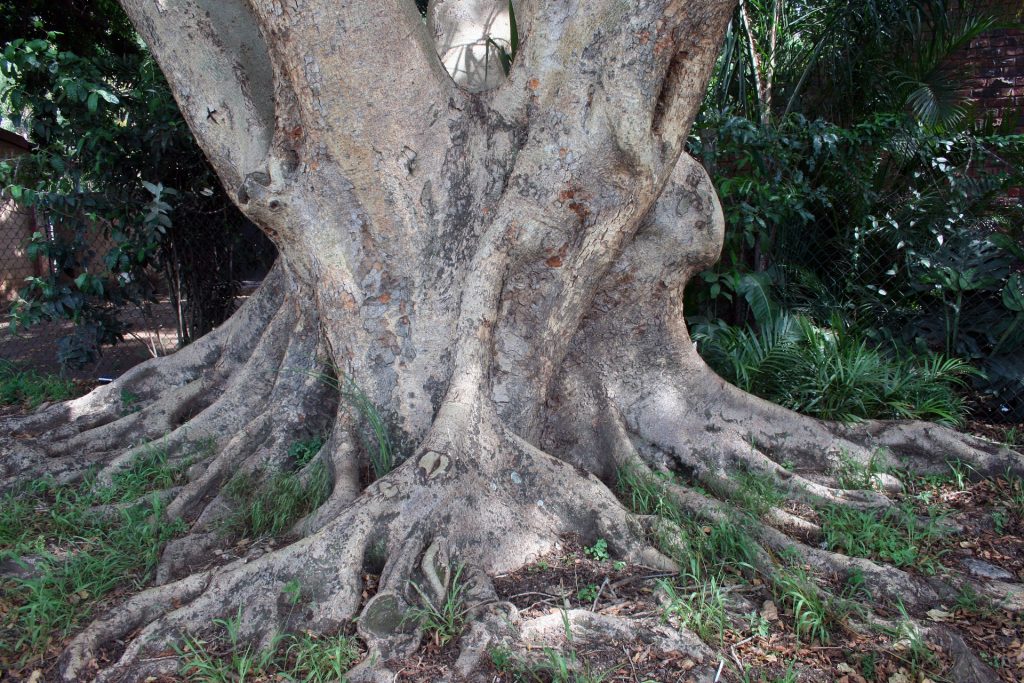This month’s submissions focus on Roots and Wings. Roots, in the sense of what grounds us, and Wings, in the sense of what liberates or inspires us to fly.

S.C. Flynn writes of memory and love and the places where we find sanctuary. Zara Miller‘s main character remembers her grandfather’s garden and her Eastern European heritage and connection to the land.
Philip Chijoke Abonyi brings a sense of tenderness for the human condition to his description of love and fear.
Azemina Krehic’s speaker loses herself in grief, forever burying herself with the past. Emina Delilovic-Kevric reflects on autumn as a beautiful season that is also a time of natural loss and decay.
Channie Greenberg’s alpine vista photographs include scenes of places where she spent time with her grandparents.
Irma Kurti poetically expresses her grief over losing her father. Ergasheva Mukhlisa reminds us of the critical importance of good parenting and Mekhrangiz Kibriyeva reflects on the love we receive from our parents.
Wazed Abdullah honors his two older sisters for their love and friendship.
Mahbub Alam meditates on his evergreen love that perseveres through life’s uncertain circumstances.

Adiba Pardaboyeva praises poet Muhammad Yusuf, a literary icon in her native Uzbekistan, while Valijonova Bakhtiyar celebrates the writing of Abdullah Qadiri. Z.I. Mahmud analyzes the themes of Oliver Goldsmith’s novel The Vicar of Wakefield, about a man of faith who maintains his gentleness and virtue throughout various trials.
Ziyoda Khikmatillaeva describes the many benefits of music appreciation as part of young children’s education and Jack Galmitz relates how someone used music to share hope during wartime.
Noah Berlatsky interprets various old books on a shelf through surreal poetry, while Simon Christiansen sends up a luminous tale of intrepid learning and curiosity. Graciela Noemi Villaverde radiates her joy on the physical and spiritual mysteries of life. Don Bormon nods to the power of imagination to grant access to the world of birds.
Tim Frank probes our personal and societal subconscious, littered with fragments of dreams and current events while Daniel De Culla’s photographs depict small Spanish towns with earthy realism.
Wolfgang Wright crafts a tale of a country childhood with sinister undertones beneath the seemingly normal family vibe.

George Gad Economou illuminates the attraction and repulsion writers feel towards alcoholism, which, like any addiction, can “ground” us in a negative sense. In a similar vein, Chimezie Ihekuna’s story explores how infatuation and obsession with intimate relationships can also wreck our lives, with a tale of a couple rushing into marriage to mask the pain of past trauma.
Czarina Datiles explores the contours of hopefully healthier young love in her gentle and wistful poetry, while John Culp elucidates an elemental romance between water and air.
Chuck Taylor contrasts the illusory love crafted nightly in a strip club with the authentic connection with his elderly mother in a residential motel.

J.J. Campbell’s pieces discuss the role of luck and expectations in our lives. Kim Farleigh explores the knife-edge tension of travel in a war zone while Susie Gharib’s pieces simply ask for a bit more kindness in our world. Maja Milojkovic advocates spiritual detachment, humility, wisdom, and compassion towards all the world’s creatures.
Christopher Bernard claims that an unbalanced exaltation of personal liberty above all other social values underlies both neoliberalism and progressivism and paradoxically leads to increasing restrictions on freedom, extreme inequalities of wealth and power, and a sense of loss of control by voters and citizens over the political order as a whole.
David Kopaska-Merkel finds himself talking to his refrigerator in a world permeated by technology. Bill Tope finds love in a surrealist space world where everything is backwards, while Jim Meirose’s even more surreal take on office life blurs the boundaries between sound and meaning. Mark Young presents sentences finished with elegant grammar and unusual offbeat meaning, while Nathan Anderson dispenses with grammar altogether and invents his own syntax for a visual and aural orchestration.
Mykyta Ryzhykh scatters thoughts into the fragments left after the massive destruction of war. Grant Guy evokes the early days of PC communication with his concrete poems.
Diyora Umarkulova reflects on her experiences learning spoken and written English as a second language, while Rosiyeva Banoxon shares her hopes and dreams for her life. Makhfiratkhon Abdurakhmonova celebrates girls and encourages people to value them and their dreams.

Frank Modica writes of various kinds of journeys: literal travel on bikes and airplanes and metaphorical navigate of memory, life, and death. Sterling Warner’s poems enjoin you in movement: pirouettes with seagulls and wagon rides with children and the slow drift of fog.
Fizza Abbas writes of language learning, cinema, and childhood school memories with awe and exuberance. Elmaya Jabbarova waxes poetic about youth: energy, creativity and love while Mesfakus Salahin’s speaker hopes for a happy reunion in the future.
Finally, Sayani Mukherjee celebrates the varied colors and sights of summer.

Very impressive